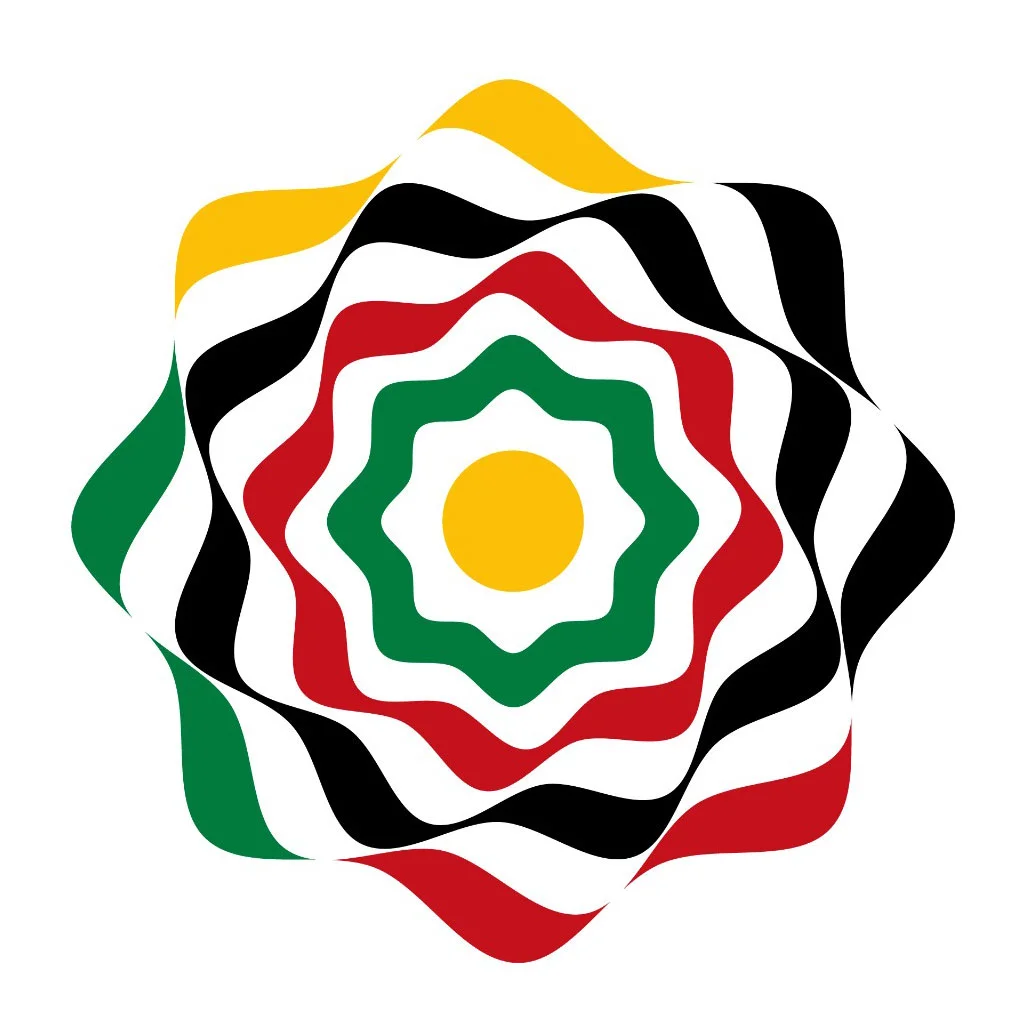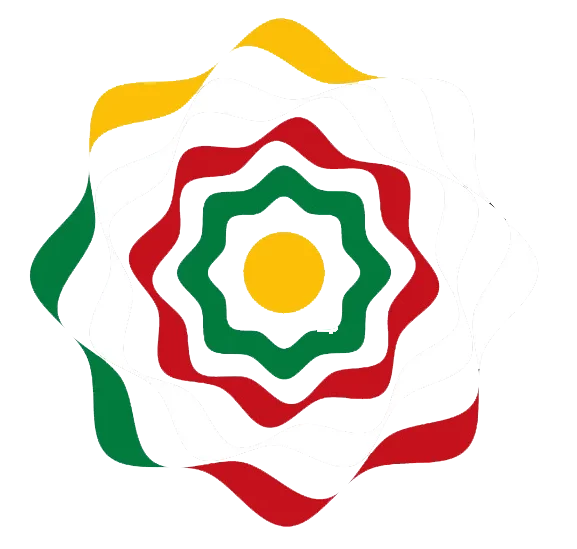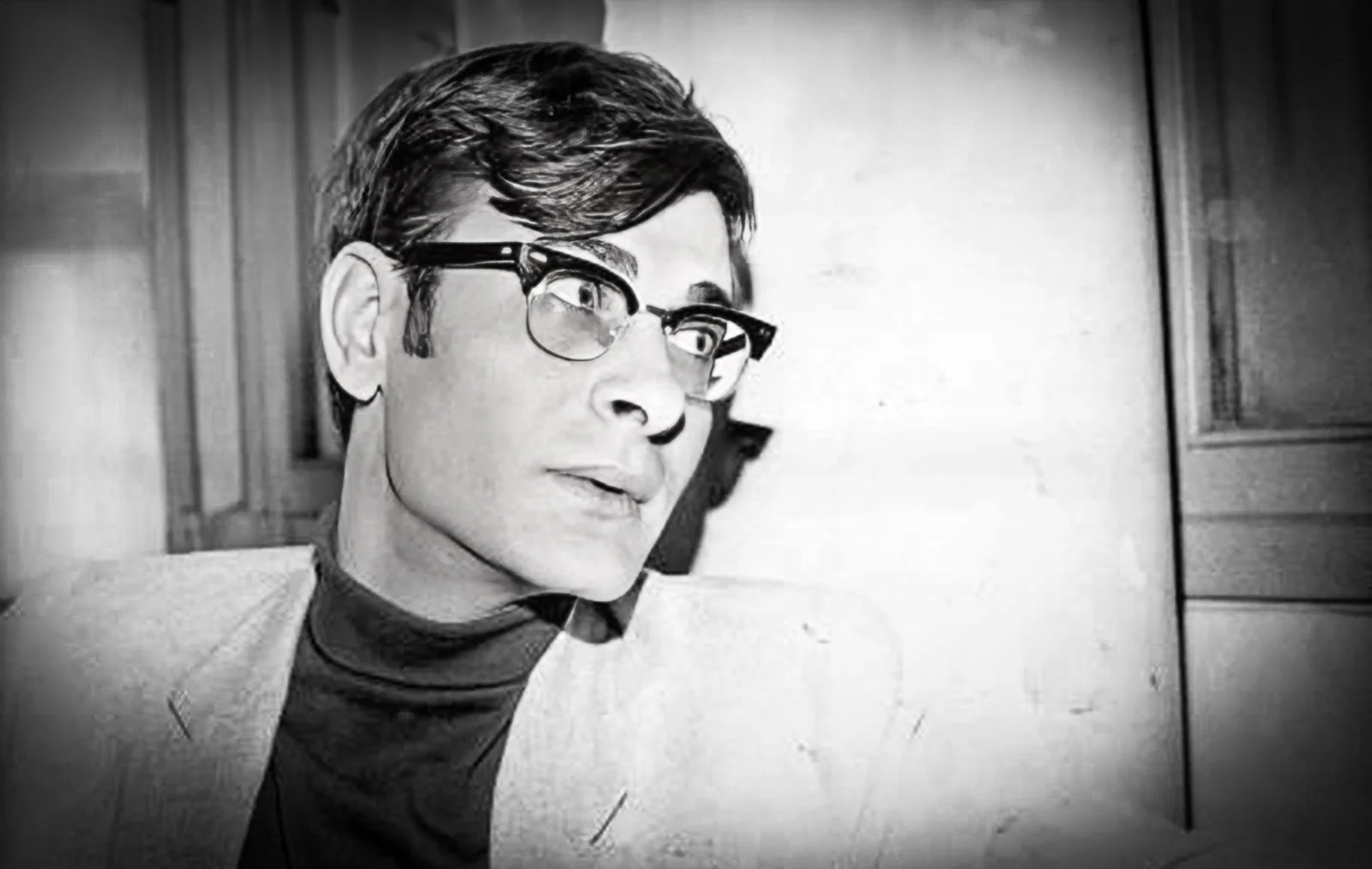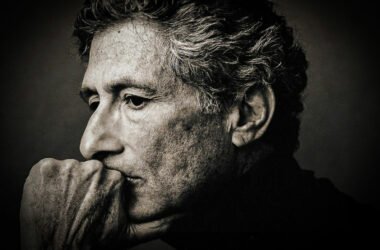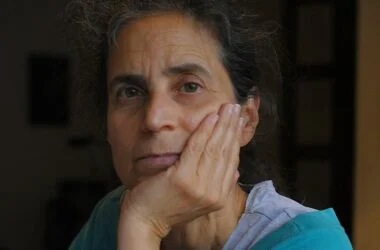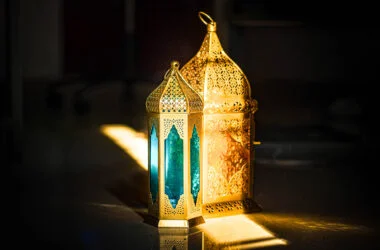I wish writing a biography were that easy. Placing words together, putting them in order, making the words meaningful, panicking over them sounding fickle, and hoping, just hoping, that they closely match the experiences that, once conveniently gathered, make up what we call LIFE.
Of course it is not a simple commission. Writing a bunch of words and expecting that those words have an impact on everyday life, wanting those words to become tangible reality is not easy: the job requires a touch of quixotic lunacy and tons of courage, and Mahmoud Darwish, Palestinian poet, knew it all along.
That name…. the syllables that give form to that name mean everything to those who are familiar with Palestinian culture: they are an open gate to knowing one of the most prominent Palestinian poets. Darwish was a writer who dedicated his life, writing verse after verse, while others sacrificed their lives, advocating for the resistance of the Palestinian people.
“To our land,
and it is the one poor as a grouse’s wings,
holy books … and an identity wound”
(To Our Land)
This verse belongs to one of his last poems.
His pain associated with his identity, and the identity of all Palestinians, was always present in his work without embellishments or justifications: the pain of the loss of the Homeland and the anguish of exile. Losses, tears, blood, and poetry were born out of his experience of awkward displacement in exile.
“One day I will sit on the pavement…the pavement of the estranged.
I was no Narcissus; still I defend my image.
in the mirrors. Haven’t you been here once before, stranger?”
(One day i will sit on the pavement)
The poet posed this question to himself while establishing his identity as an outsider in the world, not only as a metaphorical question, but as something more tangible. The loss of his Homeland accentuates the voice on his poems. Not having a Homeland works like a verse for Darwish, it has a profound relevance on his poetry, it goes far beyond the nature of a Nation-State for Palestinian poets, it is closely tied to their identity; it embraces history, one embrace that will never take NO for an answer and will have no pause or end.
“Autumn passed me by, and I did not notice,
The entire season had passed. Our history passed me on the pavement…
and I did not notice.”
(one day i will sit on the pavement)
Brief Biography
Darwish was born on March 23rd, 1941, in Al-Birwa, a town west of Galilee, and died in Houston, Texas, United States of America, on August 9th, 2008. He was born into a family of peasants and, at the early age of seven, his family and thousand other families had to unwillingly flee and seek refuge elsewhere, after the establishment of the State of Israel in 1948.
They returned from Lebanon one year later, secretly re-entering their homeland, but not to Birwa, since invaders had destroyed the town, but to Deir al-Asad. While Darwish and his family were in Lebanon, the Israelites had taken censuses and if the family name was not on them, that person had no right to live in Birwa. He was an undocumented immigrant on his own land. He found refuge in books and a new homeland in words.
He published Wingless Birds, his first anthology of poems, in 1960 at almost 20 years old. The poet looked inwardly to find his own voice during this decade, he went through an assortment of writing styles as well; he later published My Beloved Arose from her Slumber in 1970, where he included historical symbols of his land, and Jesus Christ and his crucifixion are at the center stage of the theme.
No one has ever taken his work for granted. Darwish faced many house arrests and imprisonments. Later would come exile: Egypt, Beirut, Paris, and Tunisia.
Palestine was for Darwish the fountain of limitless resources for his art; he found in metaphors a way to turn chaos into poetry. Prose, essays, and journalistic periodicals were also part of his works.
I wish that writing a poet’s biography, or the biography of a people, was that easy…Darwish tirelessly aimed to do that his entire life.
His work knew no boundaries, whether mental or physical. Darwish and his art became a symbol of strengthened resistance since it united the Palestine people’s resistance and that of his poetry. Both shared the same struggle: the unappealable right to exist despite absences.
and it is the one near the word of God,
a ceiling of clouds
To our land,
and it is the one far from the adjectives of nouns,
the map of absence
(To our land)
